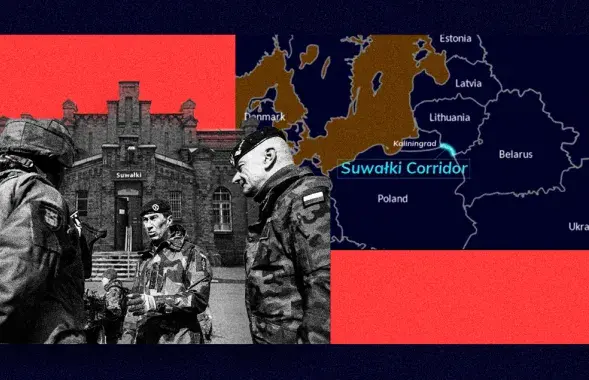Belarus set to lose Council of Europe’s diploma for national forest reserve
The diploma expired on September 30, 2007 and the Council of Europe refused to extend it for the next five years. Back then, the Ministry of Natural Resources and Environment assured the media that the Belarusian forest reserve was not deprived of the diploma, because this issue was not on the Council of Europe’s agenda for technical reasons. The ministry said the issue was postponed for November 26-29.
One week ahead of these dates, Dzmitry Byarnatski, the scientific director of the Belavezhskaya Pushcha, tells the European Radio for Belarus that the problem is about the absence of a long-term national park management program. It is noteworthy that the Europeans pointed to the same problem five years ago. Dzmitry Byarnatski says they could not come up with a program, because they were busy fulfilling another requirement of the Council of Europe.
“We focused on one of the recommendations which is to enlarge the territory of the national park. We were busy doing that for three years. We finished this process in 2004. It makes no sense to develop a management plan for the old territory,” he said.
The Zoology Institute at the National Academy of Sciences of Belarus embarked on developing a program just several months ago. When asked by the European Radio for Belarus what the institute was doing for three years, the scientific director could not respond.
Moreover, the long-term management plan is not the only unfulfilled condition. The European Radio for Belarus has learned that in August 2006, the National Forest Reserve was visited by an independent expert from the Belgian Institute for Nature and Forest Research who later made comments and recommendations which the Council of Europe is to review next week. The expert was not pleased with the absence of an ecological corridor between the Belarusian and Polish parts of the forest reserve. The corridor is needed so that animals can freely move across the border.
Dzmitry Byarnatski says it is difficult to make such a corridor, because it requires approval from the border control agencies. This is only possible next year.
On November 29, it will become known whether the Council of Europe will renew its diploma for our national forest reserve. The Ministry of Natural Resources hopes that our representative delegation will convince European officials that it was impossible to fulfill all the recommendations due to objective reasons. Ministry spokesperson Alena Penyaz is confident that the diploma is in our pocket.
What are the benefits of this diploma? Vital Karanchuk, the chief of national parks and reserves at the Ministry of Natural Resources, says:
“This is about the status of Belarus. It shows how well the work is organized in the country to protect natural eco-systems and ensure the biological and landscape diversity”.



















